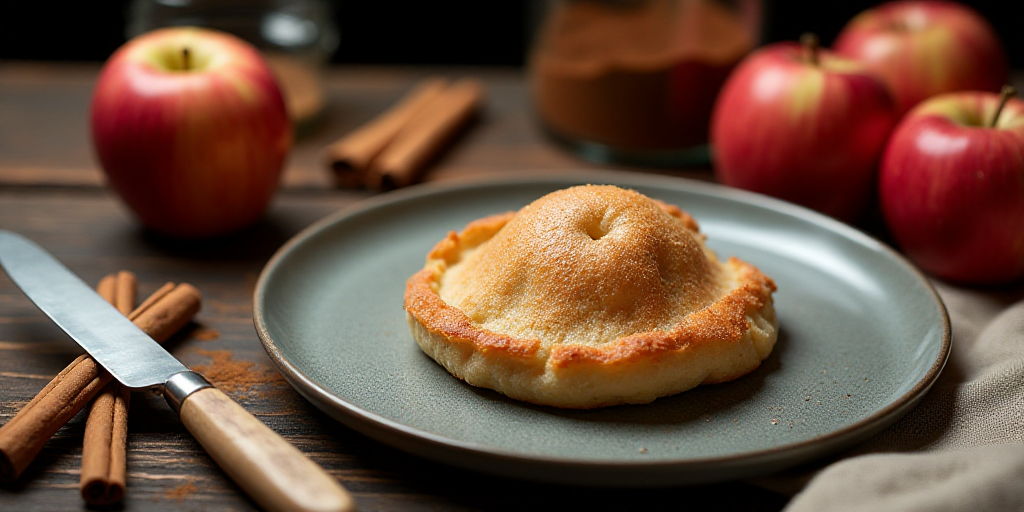Origins in the Austro-Hungarian Empire
The apple strudel, a crispy, warm dessert infused with cinnamon, tells stories through every bite. Its origins trace back to the 17th century when cooks in the Austro-Hungarian Empire elevated it to a symbol of central European pastry, featuring thin-as-paper dough and a juicy filling of apples, nuts, and spices.
Migration and Adaptation in Mexico
This dessert crossed borders alongside 20th-century European migration waves. It arrived in Mexico with Austrian, German, and Hungarian families settled in cities like Mexico City or northern states such as Chihuahua and Nuevo León. Southern U.S. baking influences, particularly from Texas, also brought simplified strudel versions that evolved into Mexican adaptations over time.
Historical Context
- The oldest known recipe dates back to 1696 and is found in a Viennese manuscript preserved at the Austrian National Library.
- Traditionally, a good strudel dough was so thin that a love letter could be read through it.
- In Vienna, strudel is typically served with whipped cream without sugar, while Germans prefer it with hot vanilla ice cream.
- While the apple strudel (Apfelstrudel) is most famous, variations exist with quark, cherry, poppy seed, and even spinach.
Mexican Interpretations
Today, many Mexican bakeries reinvent the strudel using local ingredients and creative pastry techniques. In regions like Puebla or Hidalgo, some bakeries incorporate native fruits such as crimson apples, tejocotes (a type of citrus fruit), or guavas during the Christmas season.
Key Questions and Answers
- What is the origin of apple strudel? It was created in the 17th century within the Austro-Hungarian Empire, becoming a symbol of central European pastry.
- How did apple strudel reach Mexico? It arrived with European migrant families, mainly from Austria, Germany, and Hungary, as well as through southern U.S. baking influences.
- What makes Mexican apple strudel unique? Many bakeries incorporate local fruits like crimson apples, tejocotes, and guavas, especially during the Christmas season.






